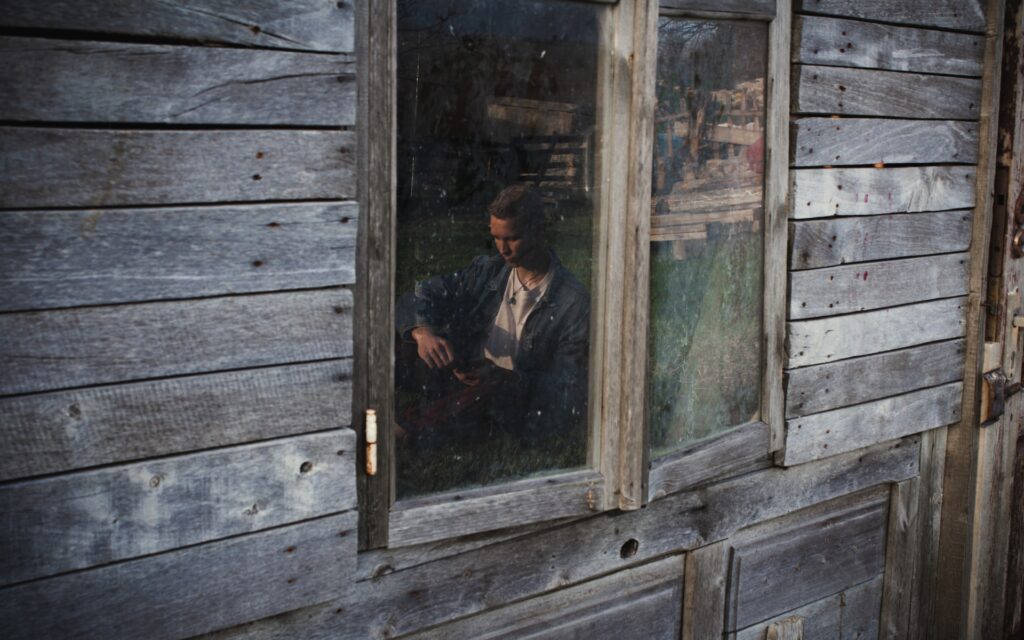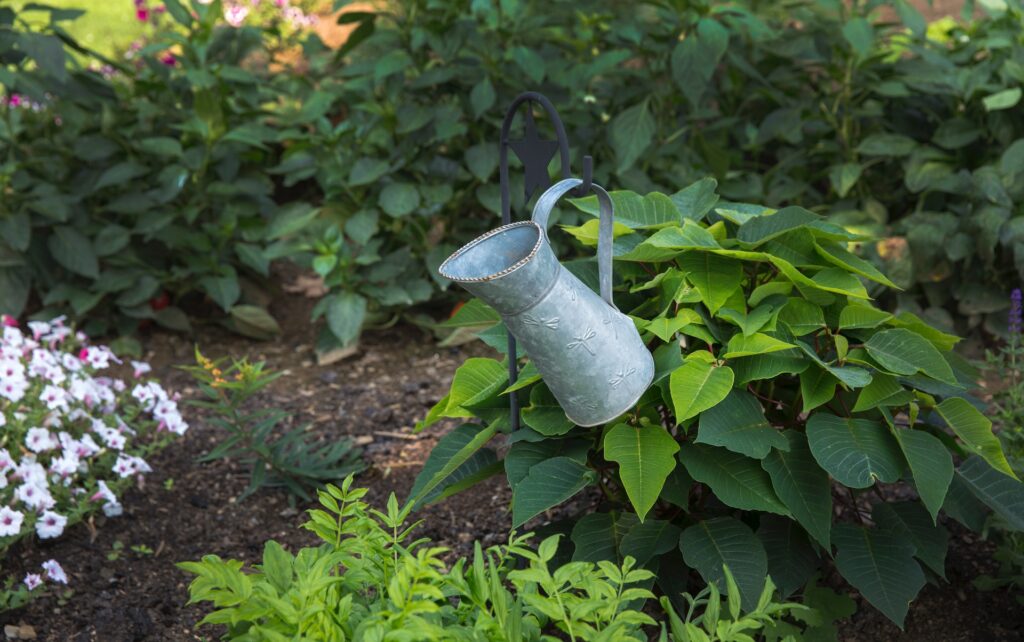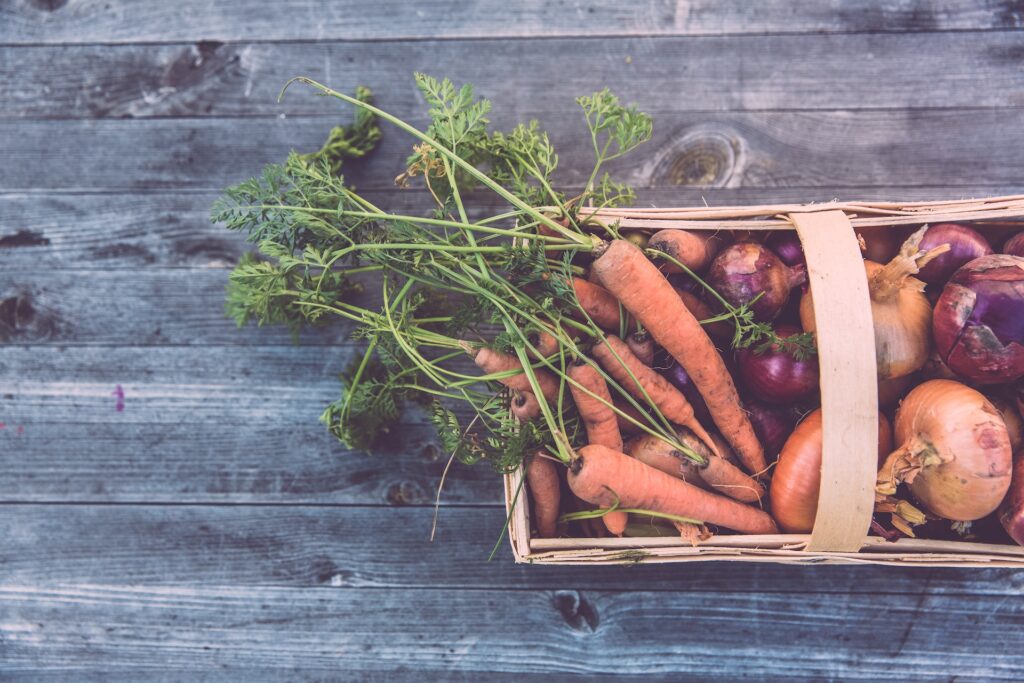
Photo by John Combe on Unsplash
Driving through the hills on the way into town there’s a house that appears to have been abandoned sometime in the last century, post Depression era. It is unpainted gray weathered wood with an open porch across the front and sits on a couple of acres of flat ground backed up against a wooded hillside.
It’s not uncommon to see these abandoned homesteads in this part of the country. They’re all in various stages of disrepair, of falling down. Left over from periodic recessions, hills mined and timbered out, and families fleeing south for steady work. Sometimes only a chimney remains. On almost all, the shadowy clues of a once thriving home are there to be deciphered. An old barn, a livestock fenceline. A large garden spot, grown up in saplings and weeds.
Driving by on this day, the garden spot has been recently tilled and the front porch is hung with fresh laundry, drying in the afternoon sun. A man stoops in the dirt near an old Dodge pickup truck parked beside the road. As I go by he stands and watches me. I put up a hand to wave but he doesn’t respond. Only watches as I slow for the curve and continue on.
He is wearing denim overalls, and the angular lines of his face are straight out of a Walker Evans photograph, plucked from 1936.
This is the face of a man who has not had an easy time of this life, the face of my own people in fact, not many generations back. Scotch Irish Appalachian stock. Clannish, suspicious of outsiders. To him, I am an interloper here, in my Japanese truck. Up from some suburb, the son or grandson of the bankers and speculators who’d starved his family off this land to start with.
No sir. Not me, Oldtimer. I recognize you. Even the garden you’re tilling.
These vegetable gardens, surprisingly large, are scattered all throughout these parts. The freshly turned soil waiting for this wet and cool Spring weather to ease into something warmer. They’re a staple still of self sufficiency from a time when, if you wanted to eat, you planted a garden. And, maybe kept a hog or two back behind the barn, away from the house.

Photo by Randy Fath on Unsplash
My grandmother always had a huge garden, long after my grandfather had moved into management at the cotton mill, and a comfortable middle class life. Able to build a brick home on ten acres, and buy all the groceries the supermarket could provide.
Every summer when school was out I came to visit, and my grandmother always required a couple hours of my labor daily in that garden. Mostly weeding cause that’s all I knew how to do. Except days when my grandfather, Pop, and I trailered the boat over to Allatoona to fish. If we caught anything my grandmother, Mama Wall, would clean and fry them up in seasoned cornmeal. Along with plenty of fresh garden vegetables.
When Pop came home from work, he and I would sit on the porch together, shucking corn, stringing pole beans, a Braves game on the radio. He liked to laugh, and maybe sneak a cold beer when my grandmother wasn’t looking. I worshiped his company, and he seemed to enjoy mine. We were brothers in arms, the two of us.
Those summers are where I began to develop a love of food and cooking. Already I preferred the kitchen to digging in the dirt. Or slogging a wheelbarrow. But like the Chinese cookbook that begins with how to fertilize the soil, I also learned where food came from, and how important these gardens had always been to family meals. In the heat of the Georgia summers we mostly ate vegetable suppers, and I never missed the meat.
The bounty was delicious and endless. Silver Queen corn, pinto beans, mashed potatoes with white gravy, cole slaw, green beans, freshly sliced big boy tomatoes and vidalia onion. Corn bread or biscuits with churned butter and blackberry jam. The berries grew wild along the fenceline. We picked them ourselves and had the briar cuts to prove it.
Though God fearing I think, my grandparents weren’t big on church, and some weekends we made the drive up from Cherokee County, through Jasper and Ellijay, to Blue Ridge on the Tennessee / North Carolina line. Not far from here, we’d stay with my cousins who still resided on the old homestead near Mineral Bluff, on Cut Cane Creek. Still raised cattle there, and lived in the big ramshackle farmhouse built post Civil War.
We had family reunions there, the cousins played in the creek, and always there was the food. The days centered around it, and everyone brought dishes from their own gardens. The Depression that had driven my ancestors out of these hills, down to the security of flatland mill jobs, still lived in memory. And vegetable gardens remained, not a luxury but a necessity, just in case the bottom fell out, jobs dried up, and everyone still had to eat.
We go back a long ways up in these mountains. Centuries in fact. Stories abound, and I always heard them growing up. My great great great grandfather settled here, and in 1861, when Georgia voted to secede from the Union and Civil War broke out, he left the farm and went north to fight for the United States. Nobody had slaves on these small dirt farms. A man worked his own land.
He survived the war and returned home, to be elected sheriff of this Unionist County. After working the farm, in the afternoon he would strap on his gun, which he knew how to use, and make his rounds, looking out for any trouble. Never had much, so I hear.

Photo by Markus Spiske on Unsplash
Though born of necessity and survival, the sight of these gardens turns my mind to cooking, and soon local produce will be filling the roadside stands and markets. I’ll be there to buy some fresh vegetables, get them home to the kitchen, maybe sneak a beer to the soundtrack of baseball on the radio.
After all these years, some things haven’t changed at all.


Great story! Almost makes me want to plow a garden. 😊
Let me go and harness up the mule.
Good one Jim. We have pix of Dwayne ,the rest of us plowing front of pink house with draft horse and plow. Even made the paper!! Really miss him and those times!!
I’ve seen some of those pics. That’s a nice level spot there in the front yard…
Great imagery, Jim! My mind saw the picture
Great imagery, Jim! My mind saw the picture
They were great people! You and Pops were two peas in a pod. 😊
Brothers in Arms
You ole country boy you. I’m glad u never changed even though you did your time in the big city. Part country mouse, part city mouse.😊👍🏼
Jim, just read this for the first time. This explains you very well and what a remarkable heritage you possess.
Oh my goodness Jim! You have captured the very essence of living in the South, savoring simpler times and the joy of days in the country with the “grands”.
Thank you for reminding me of precious memories with my grandparents, living on little yet growing a “bounty”.
We were blessed with grandparents who taught their children what is important in life, without saying a word.
You have a beautiful gift Jim. Thank you for sharing!
(FYI… thank you Mark. You are right about Jim. He’s a gem!)
Oh my goodness Jim! You have captured the very essence of living in the South, savoring simpler times and the joy of days in the country with the “grands”.
Thank you for reminding me of precious memories with my grandparents, living on little yet growing a “bounty”.
We were blessed with grandparents who taught their children what is important in life, without saying a word.
You have a beautiful gift Jim. Thank you for sharing!
(FYI… thank you Mark. You are right about Jim. He’s a gem!)